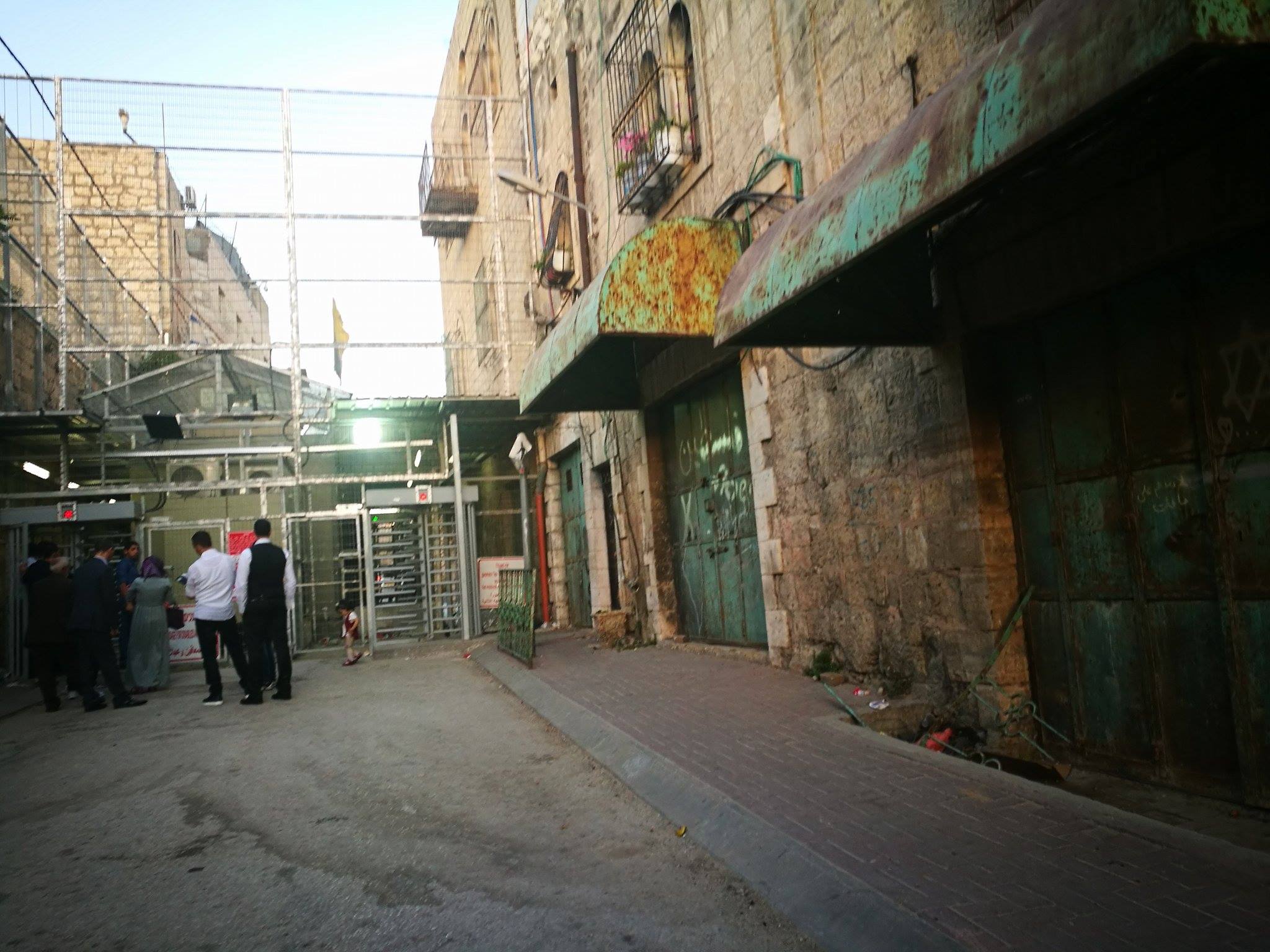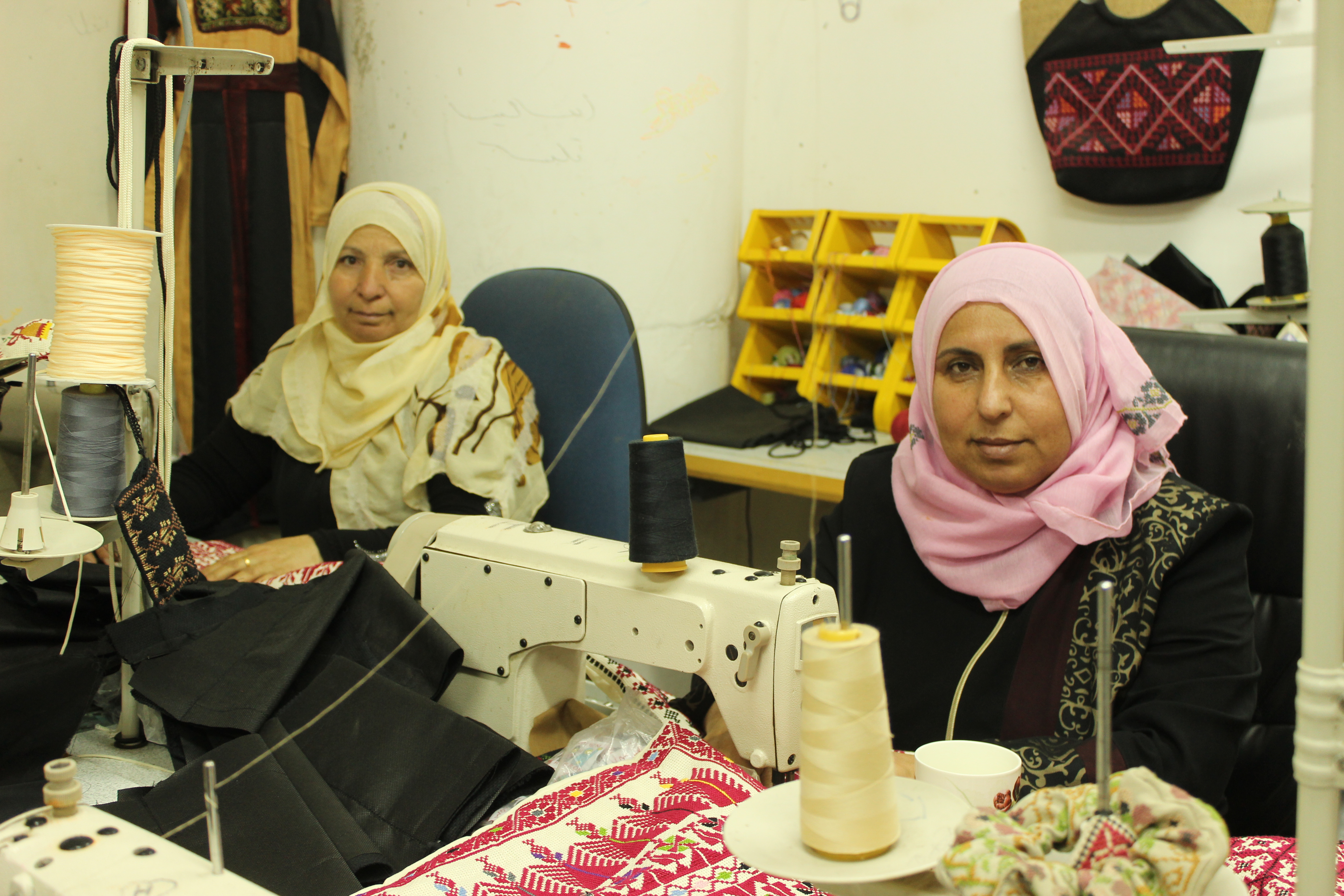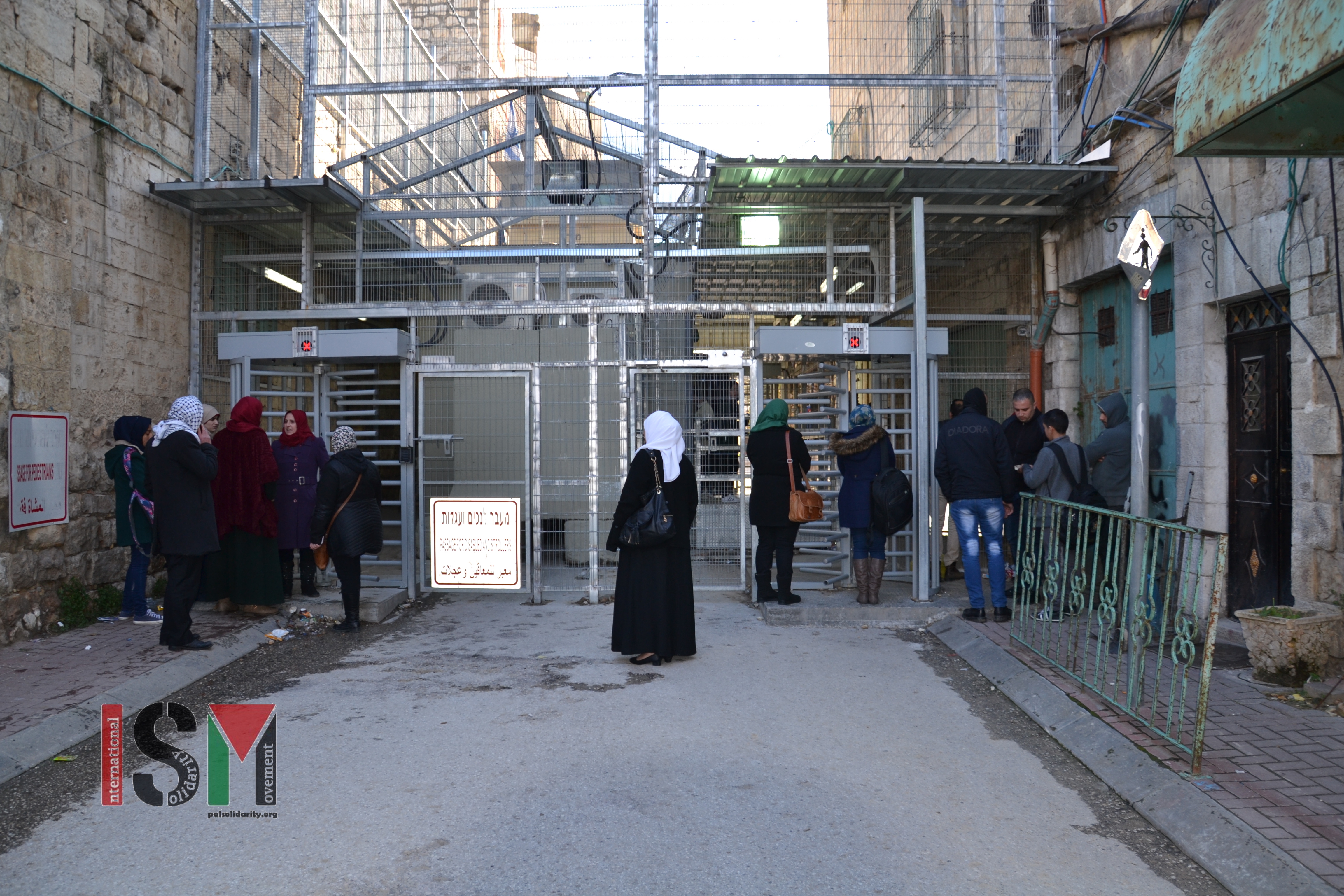Category: Journals
-
Palestinians celebrating Eid in a ‘closed military zone’
26th June 2017 | International Solidarity Movement, al-Khalil team | Hebron, occupied Palestine As anywhere all over the world, Palestinian Muslims are celebrating the end of the fasting-month Ramadan with the 3-day feast of Eid. Eid usually is a joyous occasion, everyone dresses up nicely and the most important activity is visiting family. For Palestinians…
-
Resistance and empowerment in al-Khalil’s women’s cooperative
ISM met with the founder of al-Khalil’s largest women’s cooperative to discuss business, the occupation and women’s empowerment. Idhna is a small town to the west of al-Khalil, located less than a kilometre from the separation wall that divides Israelis from Palestinians. It is also home to the main workshop of Women in Hebron, a…
-
Checkpoints for humiliation: a journal piece
4th April 2017 | International Solidarity Movement, al-Khalil team | Hebron, occupied Palestine Earlier this month, an international woman was ordered to ‘take off her clothes’ after setting off the alarm whilst passing the metal detector at Shuhada checkpoint, occupied al-Khalil (Hebron). This is a personal journal of the events. Humiliation, harassment, intimidation – a…



